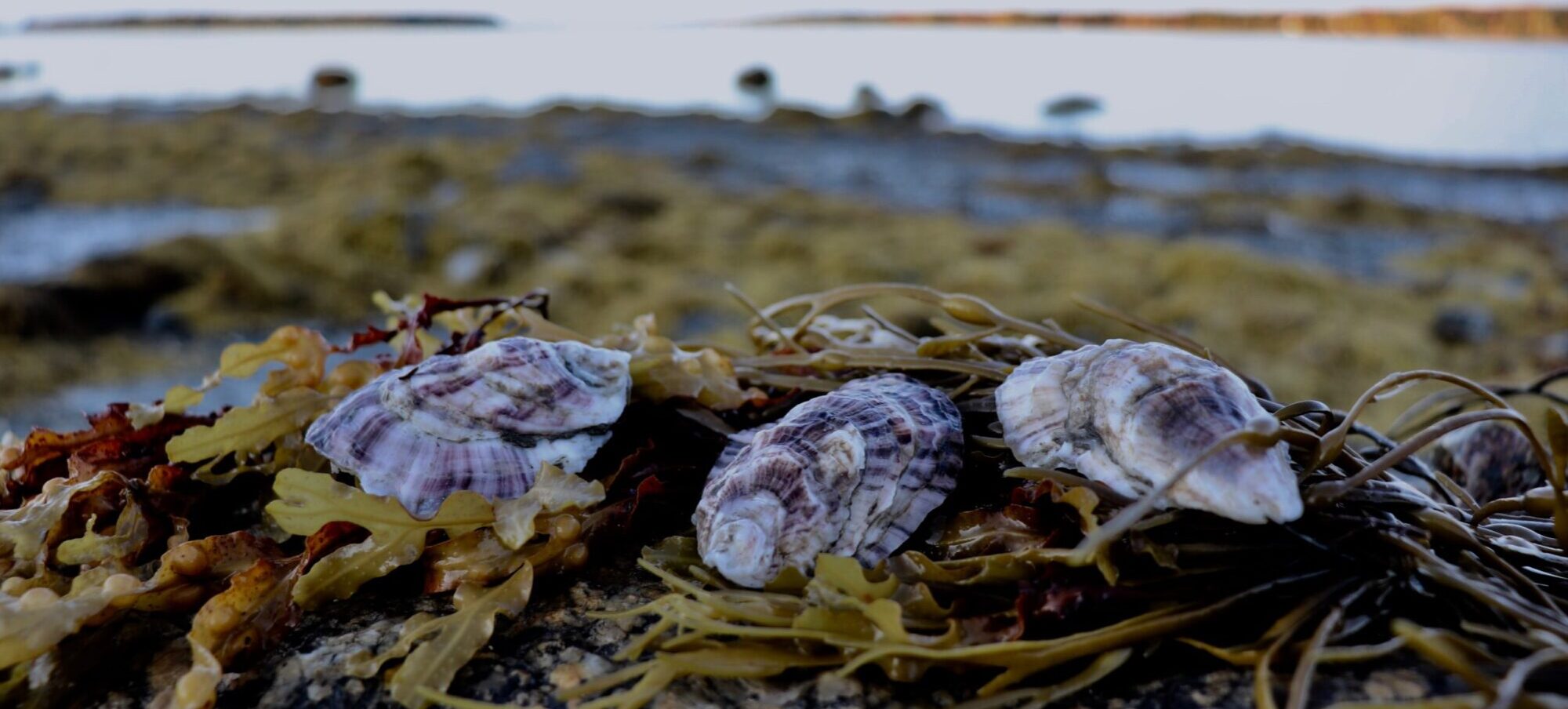 Meet the Woman Greening up the Ocean and Atmosphere with Kelp
Meet the Woman Greening up the Ocean and Atmosphere with Kelp
6/10/20 – Atlantic Sea Farms CEO Bri Warner is named a 2020 EatingWell Food Hero! “Where most saw kelp as a slimy sea plant, Warner saw it as a savior [. . .] Kelp takes in and sequesters this greenhouse gas: according to one study, kelp forests may remove 20 times more carbon from the atmosphere than land-based forests. And seaweed makes a lot of sense in Maine. Kelp is harvested in the spring, which is a slower season for the local lobster fishery, and the additional revenue could help cushion the blow if lobster stocks fall, as they are predicted to due to warming waters.”
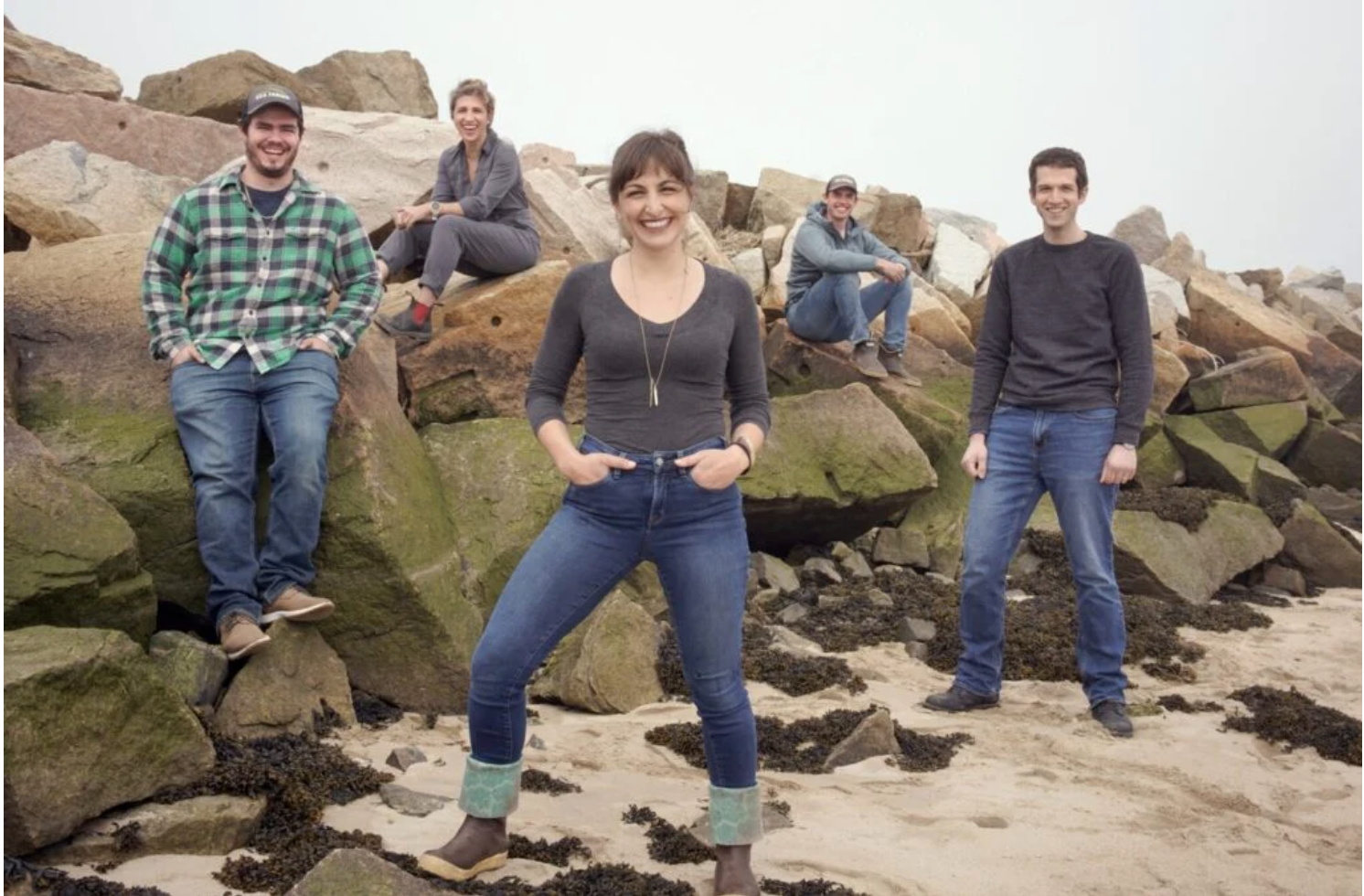 The Seaweed supplier
The Seaweed supplier
5/24/20 – “Atlantic Sea Farms of Saco started out growing seaweed, but is now trying to grow a Maine industry. The company began in 2009 as commercial seaweed farming operation called Ocean Approved. It began to expand its mission in 2018, later changing its name to reflect that, and now partners with about two dozen fishermen and women up and down the Maine coast. The fishermen grow the seaweed in their offseasons, then sell it to Atlantic Sea Farms, which produces kelp-based products for sale online, in Whole Foods and other stores, and for use by several health-focused casual restaurant chains.”
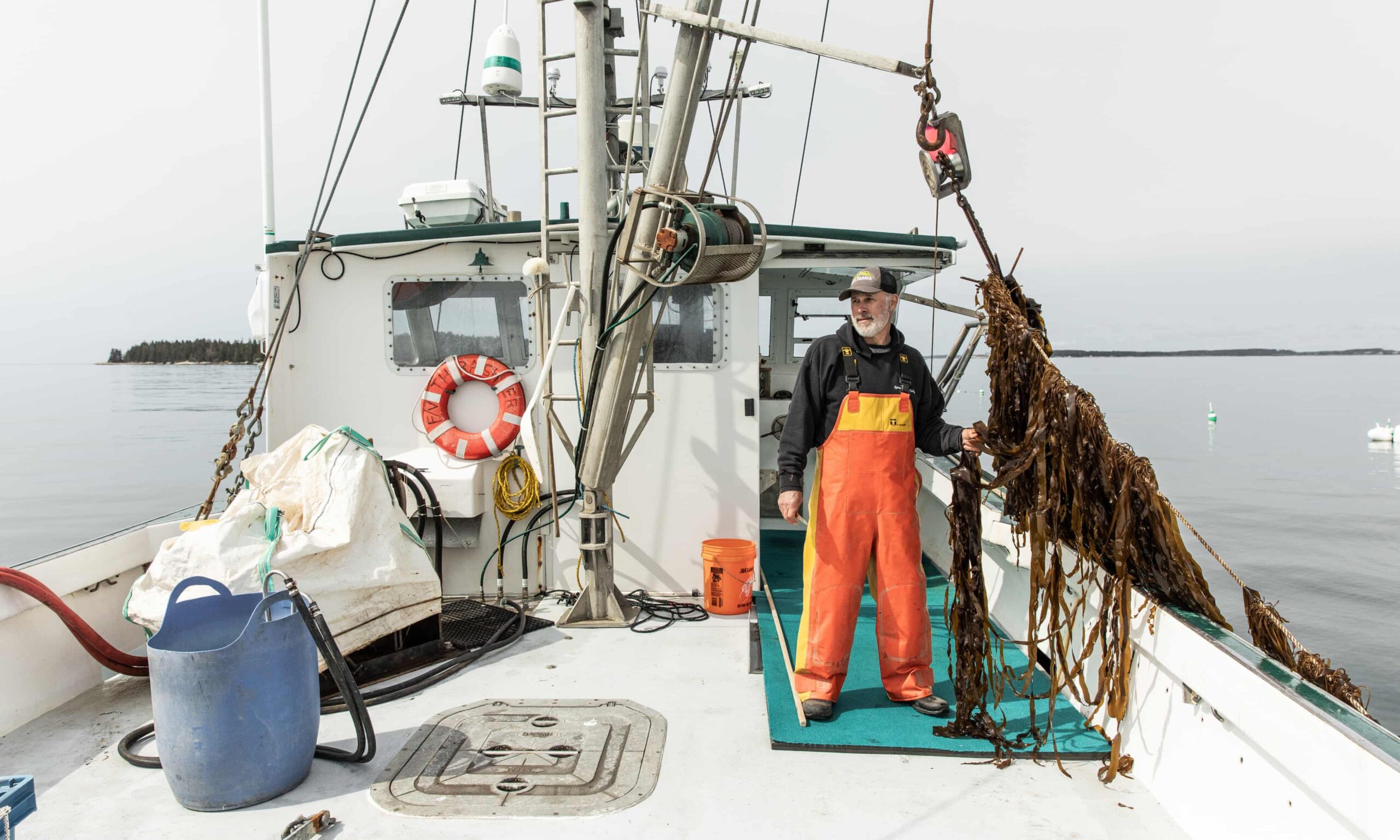 “I’m not a quitter”: Lobstermen turn to kelp farming in the face of climate crisis
“I’m not a quitter”: Lobstermen turn to kelp farming in the face of climate crisis
5/19/20 – “Kelp farming is positioned as a form of insurance, offering lobstermen such as Baines some of the financial security off-season fishing once did. He is one of the 24 “partner farmers” working with Atlantic Sea Farms, which was founded in 2009 under the name Ocean Approved as the first commercial seaweed farm and nursery in North America. (Baines’s daughter, Jesse, works for the company.) Atlantic cultivates seeds and gives them to partner farmers, assists with the design and layout of the kelp farms, and coaches farmers throughout the season – from setting up the farm in the winter to the harvest in spring, complementary to lobster’s summer to fall season. Because Atlantic Sea Farms seeks experienced lobstermen who already have equipment and know-how, start-up costs tend to be lower than those who are beginning from scratch.”
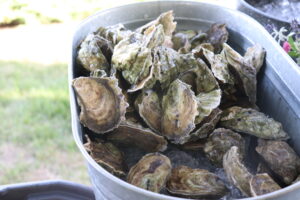 Oyster Farms Adjust to Restaurant Closures
Oyster Farms Adjust to Restaurant Closures
5/13/20 – Chris Davis co-owns Pemaquid Oyster Co., which has farmed oysters on the Damariscotta River since the 1980s. “We started an online seafood program and that drew a lot of interest,” Davis said. Customers can place orders for pickup from a company facility at 1005 Bristol Road in Bristol. Nonetheless, Davis said the pandemic and resulting restaurant closures have had a significant impact. “We are all feeling it right now. Most of our sales go to restaurants,” Davis said.
 Executive Order on Promoting American Seafood Competitiveness and Economic Growth
Executive Order on Promoting American Seafood Competitiveness and Economic Growth
5/7/20 – Section 1. Purpose. “America needs a vibrant and competitive seafood industry to create and sustain American jobs, put safe and healthy food on American tables, and contribute to the American economy [. . .] By removing outdated and unnecessarily burdensome regulations; strengthening efforts to combat illegal, unreported, and unregulated fishing; improving the transparency and efficiency of environmental reviews; and renewing our focus on long-term strategic planning to facilitate aquaculture projects, we can protect our aquatic environments; revitalize our Nation’s seafood industry; get more Americans back to work; and put healthy, safe food on our families’ tables.”
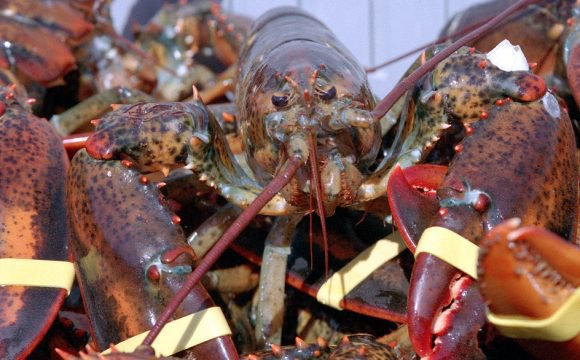 Maine nets $20 million in federal bailout of us fishing industry
Maine nets $20 million in federal bailout of us fishing industry
5/7/20 – “Maine is in line to get $20.3 million to help its battered seafood industry weather the COVID-19 storm. The award comes out of the $300 million in federal funding included in the CARES Act to help the U.S. fishing industry survive pandemic-related economic losses. Maine’s award was the fifth-highest out of 31 states, trailing only Alaska, Washington, Massachusetts and Florida. It’s unclear how the funds will be split among the 18,000 licensed fishermen, seafood dealers, processors, aquaculture operators and charter fishing operators that make up Maine’s seafood industry, which nets an estimated $788.2 million a year in revenues. The sector has been especially hard-hit by the pandemic.”
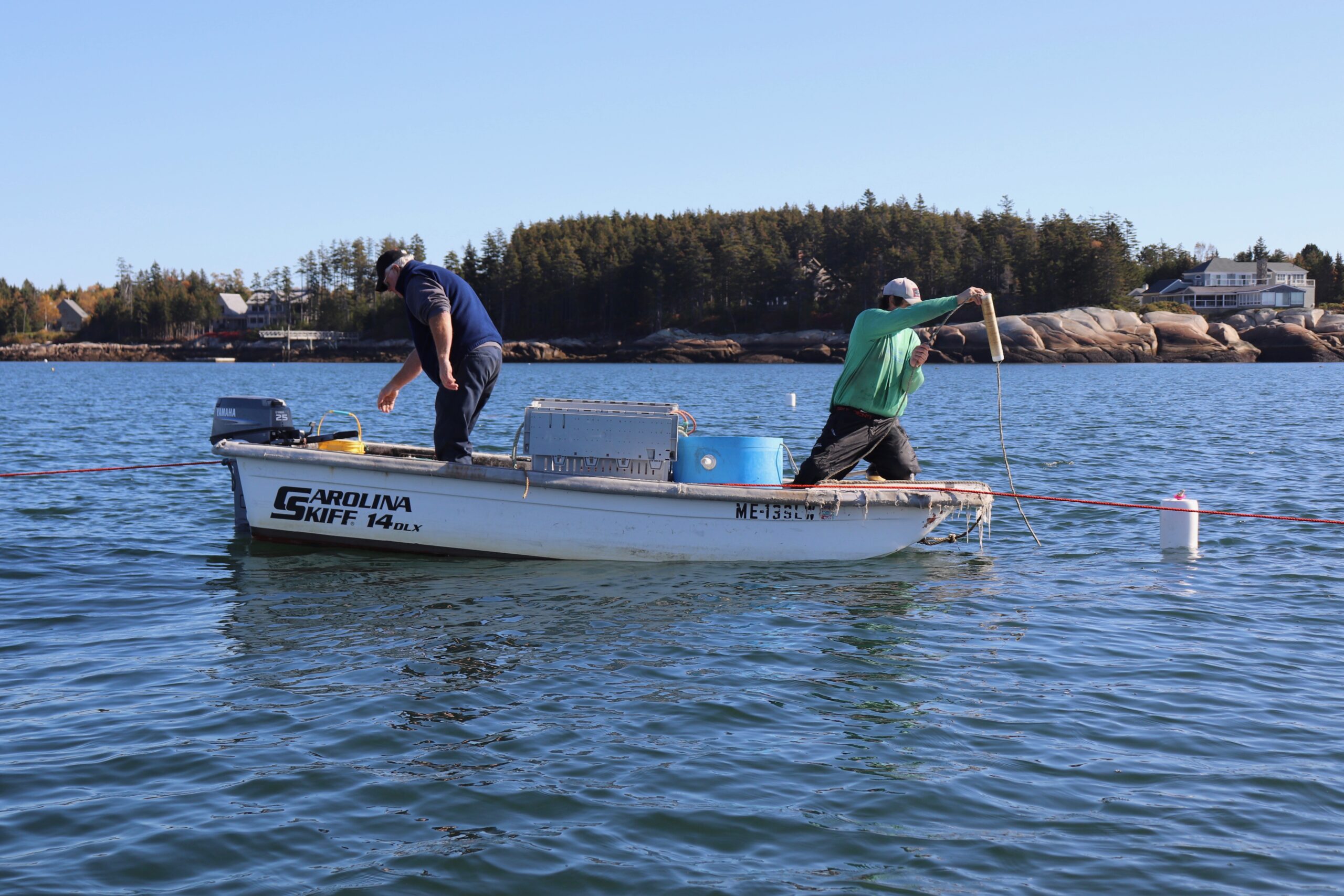 Maine Aquaculture Association takes the helm of the state’s burgeoning industry
Maine Aquaculture Association takes the helm of the state’s burgeoning industry
5/7/20 – “MAA has advocated for the state’s aquaculture industry since 1978. In more recent years, the state has seen an increase in the number of aquaculture-related businesses. Most notably, shellfish and sea vegetable farms in addition to several new land-based RAS projects have developed. With this recent growth, MAA has continued to strengthen its stance as the state’s leader in supporting up and coming aquaculture businesses and their employees. [ . . . ] MAA is committed to growing a sustainable future for Maine’s seafood industry and the people who rely on it, and we are proud to have them as a Strategic Partner of GAA.”
New direct-to-consumer plans for Maine seaweed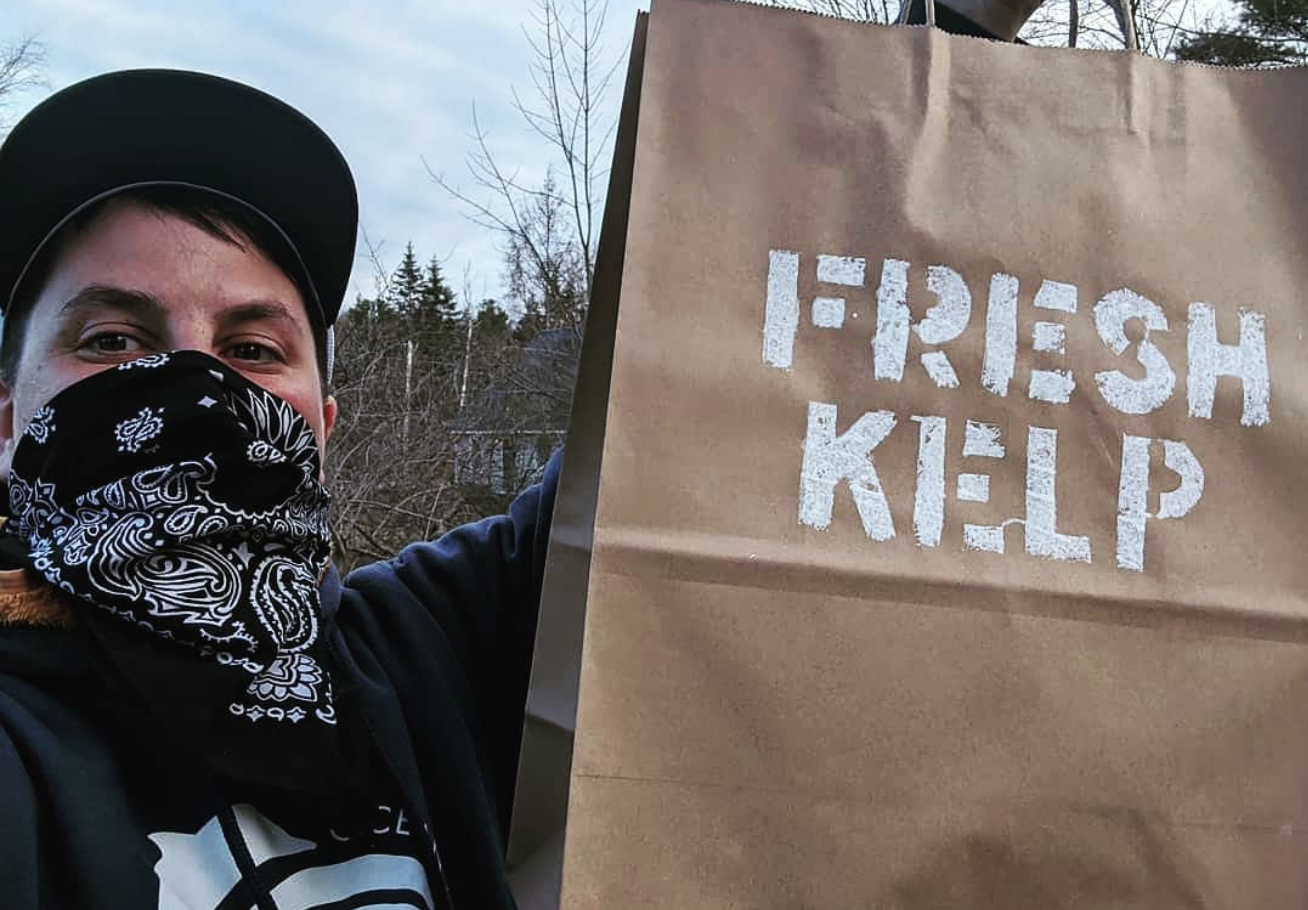
4/29/20 – Portland, Maine – ‘Maine Seaweed Week’ has been a way for harvesters and restaurant chefs to introduce people to a new food; now organizers have pivoted [. . .] Seaweed harvesters like Spartan Sea Farms are delivering their product directly to consumers. “This is really a first time, unique opportunity to get your hands on a big bag of fresh kelp and really start playing around with it.” Ken Sparta, with Spartan Sea Farms, says seaweed can be plugged into a lot of different recipes. “We started delivering directly, and we gave out recipes and started a recipe book, and all of our customers have started connecting with us, and sharing their recipes, so it’s been really great.” [. . .] To find some of those recipes, or restaurants taking part in the event, click here.
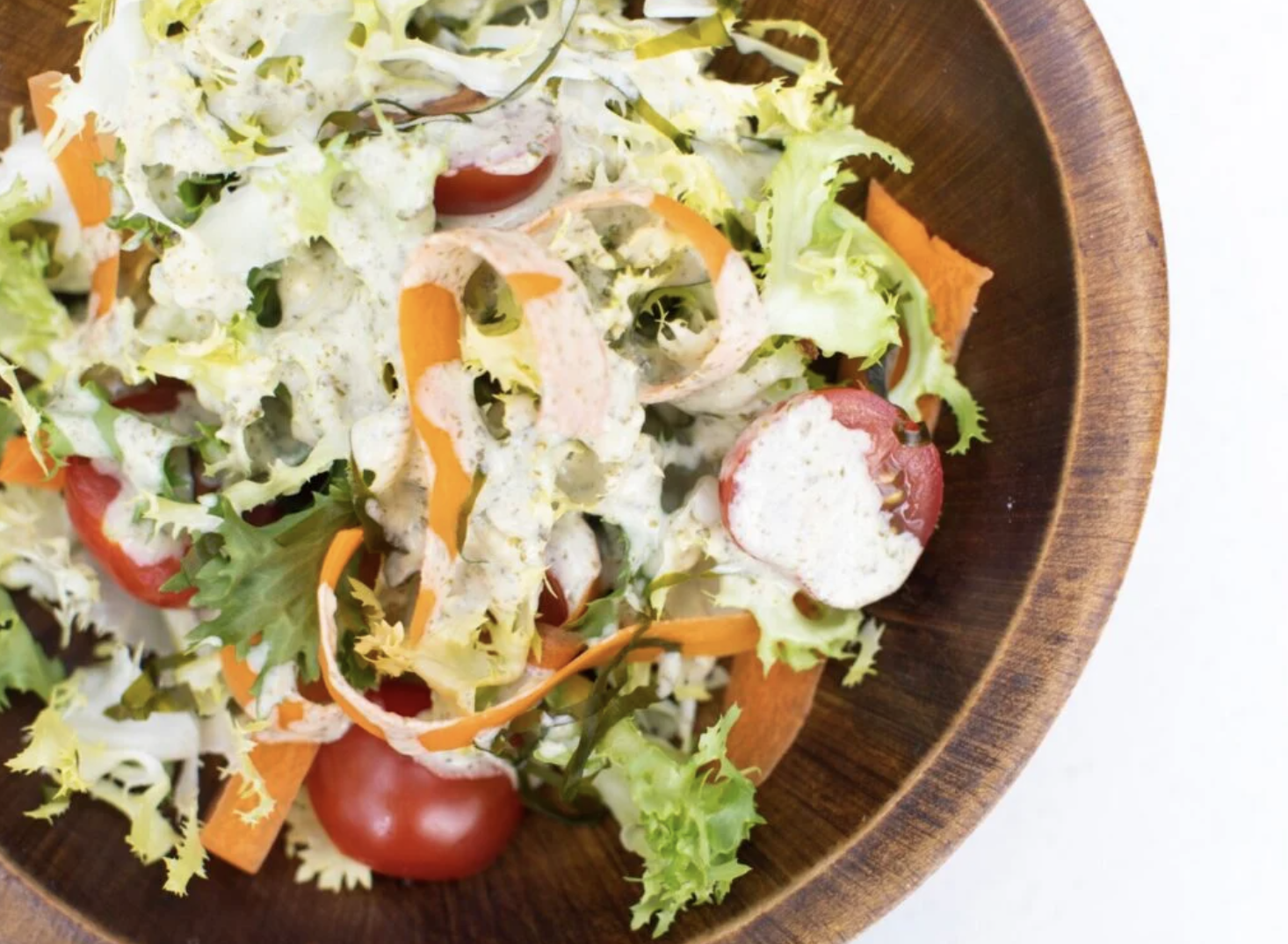 Green Plate Special: Nervous about cooking with seaweed?
Green Plate Special: Nervous about cooking with seaweed?
4/26/20– “Atlantic Sea Farms doesn’t sell raw kelp because ‘if kelp doesn’t taste good, people aren’t going to eat it,’ Warner said. Instead, it sells ready-to-eat blanched, shredded kelp that can be tossed into any dish; and pureed kelp cubes, good for smoothies but also handy for sauces, baked goods and salad dressings. Its fermented seaweed salad is a preservative-free alternative to imported Japanese products; its Sea-Chi is a sea-based take on kimchi; and I can attest that its Sea-Beat Kraut makes a great addition to a Rueben sandwich.”
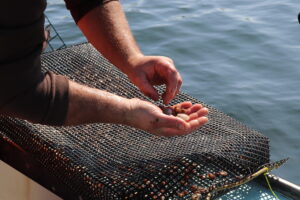 Forum: Now is the time to appreciate local food producers
Forum: Now is the time to appreciate local food producers
4/24/20 – “With the restaurant sector temporarily shut down, markets for local seafood products have taken a huge hit. Like many others who depend on small businesses, working waterfront families and the coastal communities they support are struggling to make ends meet. Let’s do our part to support them by purchasing local seafood. Take it home and experiment with a new dish or recipe. Celebrate local food and the folks who produce it for you literally in your backyard.”
